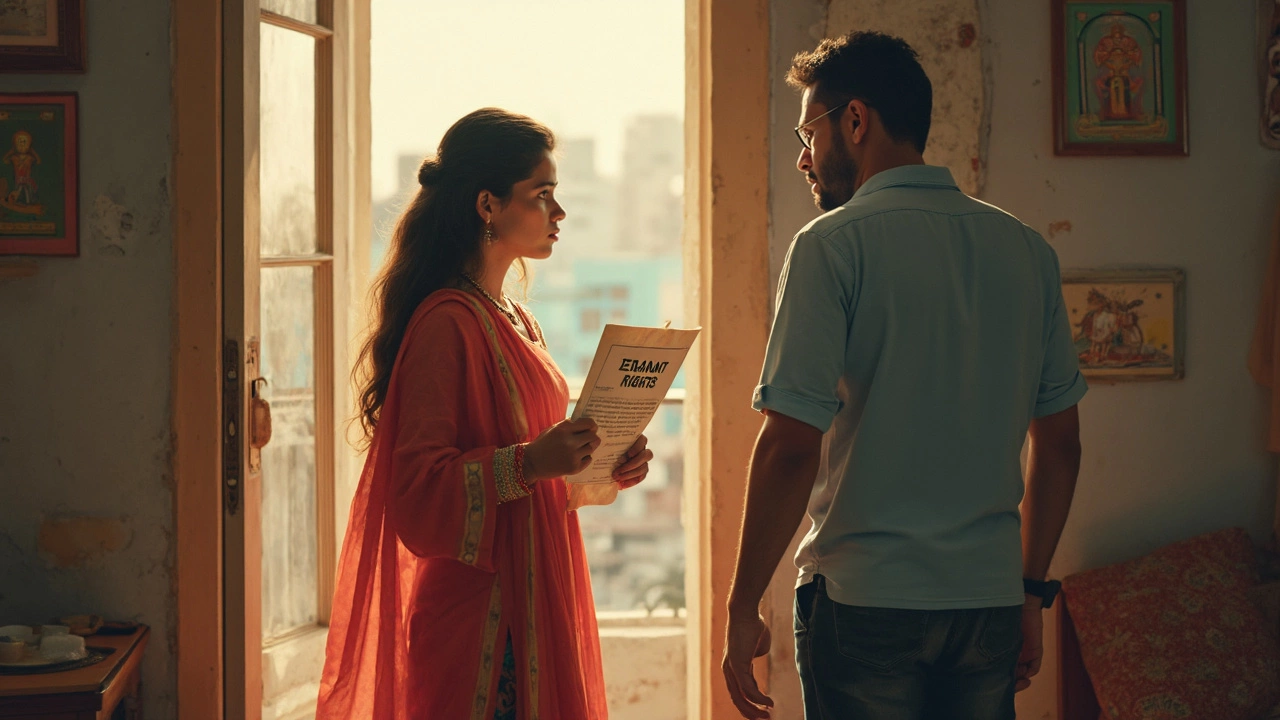Landlord Law in India – What Every Owner and Renter Should Know
Ever wondered who should fix a leaky roof or paint the walls? The answer depends on the rental agreement and Indian law. Knowing the rules saves money, avoids fights, and keeps both parties happy. Let’s break down the most common landlord‑tenant questions you’ll face.
Who Pays for Maintenance and Repairs?
Generally, the landlord must keep the property structurally sound. That means fixing foundations, roof leaks, and major plumbing issues. Minor wear‑and‑tear, like repainting walls after a tenant moves out, is often shared. Some contracts state the tenant will paint before leaving, but the law expects the landlord to provide a habit‑ready space.
If a tenant causes damage beyond normal use—say a broken window from a party—the tenant pays for repair. Document the condition when the tenant moves in and out to avoid disputes later.
Rental Agreements, Security Deposits, and Evictions
A written rent agreement is your safety net. It should spell out rent amount, due date, notice period, and what happens if rent isn’t paid. In India, a 30‑day notice is the norm for terminating a lease, unless the contract says otherwise.
When a tenant defaults, the landlord can start eviction proceedings through the civil court. The process can take weeks, so staying on top of rent receipts and sending polite reminders helps prevent a legal showdown.
Security deposits usually cover unpaid rent or damage. The landlord must return the deposit within a reasonable time after the lease ends, minus any legitimate deductions. A clear itemized list of deductions protects both sides.
Can Tenants Claim Ownership of Rented Property?
Short answer: No, not under normal rental agreements. Some people hear about “adverse possession” and think they can claim the land after living there for years. In India, the 12‑year rule applies only when the owner has abandoned the property and the occupant meets strict criteria. Most tenants won’t qualify.
If a landlord repeatedly lets a tenant stay without a lease for over 12 years, the tenant might argue adverse possession, but courts examine intent, payment of taxes, and community acknowledgment. It’s a risky gamble.
Dealing with Salary Disputes and Workplace Stress
While not strictly landlord law, many renters face salary issues that affect their ability to pay rent. If an employer delays salary, the employee can claim unpaid wages under labor law. Knowing this right helps tenants plan ahead and discuss payment timelines with landlords before a crisis hits.
In extreme cases, chronic workplace stress can lead to legal action for compensation, but that’s a separate matter from tenancy. Still, it shows why financial stability matters for both renting and owning.
Practical Tips to Avoid Legal Trouble
1. Keep every communication—texts, emails, receipts—in case you need proof.
2. Do a walk‑through checklist at move‑in and move‑out, noting any damage.
3. Use a clear, written lease that covers maintenance duties, notice periods, and deposit rules.
4. Pay rent on time and ask for receipts; ask the landlord the same for any repairs you cover.
5. If a dispute arises, try mediation before heading to court; it’s cheaper and faster.
Following these steps keeps the landlord‑tenant relationship smooth and reduces the chance of a courtroom drama.

Can a Landlord Evict You Without a Court Order in India?
Wondering if your landlord can just kick you out without taking the matter to court? This article lays out what the law actually says in India about eviction, separating myths from reality. Get the real scoop on your rights, common tricks landlords might try, and the steps you can take to protect yourself. With practical advice and simple language, you’ll know what’s legal and what’s not. No confusing jargon—just facts every tenant should know.